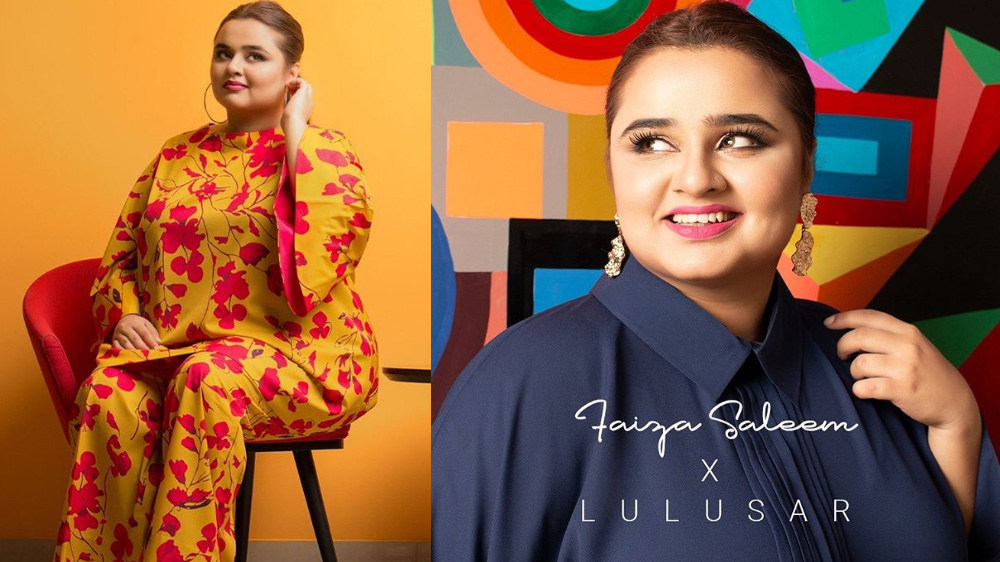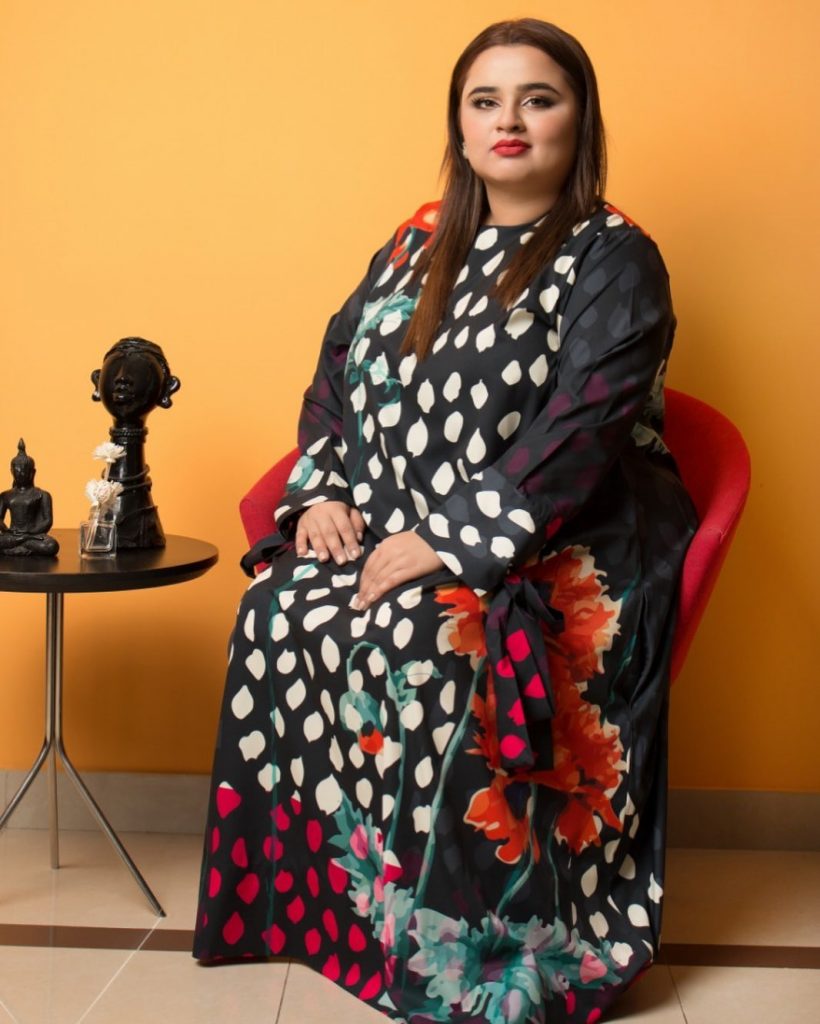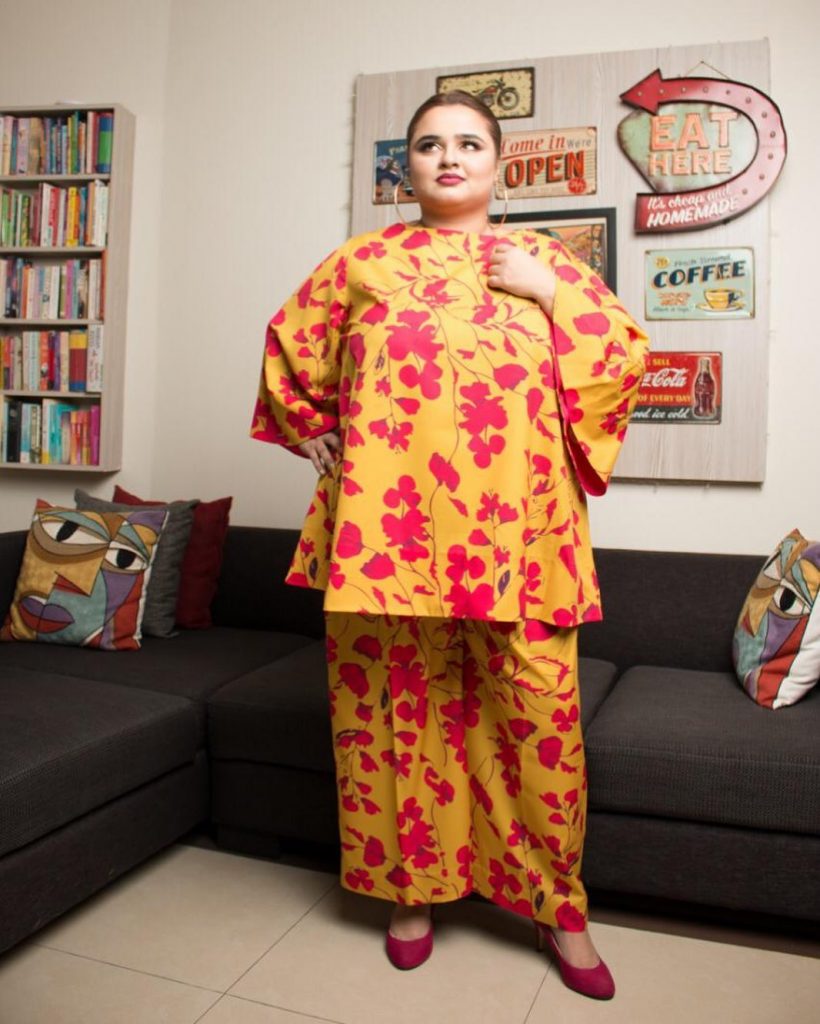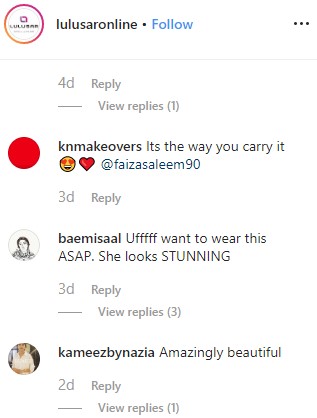Lulusar’s new campaign revealed a harsh truth about Pakistan’s attitude as a nation towards body shaming. The brand recently launched a fun and vibrant new collection with stand-up comedian Faiza Saleem as the model in an attempt to break away from the conventional standards of beauty for women, which we normally see in the fashion industry.
However, instead of being appreciated for their efforts, the campaign was met with severely negative comments and fat-shaming.
Here’s the campaign that Faiza Saleem is the face of:
https://www.instagram.com/tv/B34piI6jRf6/?utm_source=ig_web_copy_link
ALSO READ
Pakistan Gets a Superhero Movie on Fat Shaming with Ahmed Ali Butt’s Fatman!
We think this is a very bold and exciting direction:
https://www.instagram.com/p/B34Cjv7jZ3x/
But as usual, trolls like these abuse their privileges and pass on nasty comments:
The dark side of the advertisement industry
Body-shaming is a prevalent issue not only in Pakistan, but throughout the world. Over years of advertising and marketing campaigns, the standards of beauty for women have always been unrealistic and double-edged.
A large number of brands market their products towards women by using psychologically manipulative tactics, convincing them that they should experience emotions of guilt, discomfort and shame over their physical appearance.
These corporations use this inferiority complex as their tagline by setting an unbelievable “ideal” for women to continuously strive to resemble, enforcing that their self-worth is determined by their desirability.
https://www.instagram.com/p/B36phCCj5zr/
How did we get here?
As a society, we have normalized these behavioral patterns towards weight and body-image, and this conditioning has become so deeply ingrained into our psyche to the point where we shame and humiliate anyone who does not conform to these standards.
This holds especially true for women who are overweight, who are treated as their body weight should be a cause of disgust.
Despite the fact that there is a diverse range of body types and characteristics in the country, there remains a lack of representation in media. We refuse to question and deconstruct these standards, which allows for shaming culture and negative body image stereotyping to continue, a clear example of which can be seen in the public reaction towards the Lulusar campaign.
A ray of hope
While the negativity and hatred may be disheartening, it is refreshing to see that several brands are beginning to approach their marketing and advertising with a more open mind and focusing on reinforcing positive imagery. The change is one small step towards creating a better and healthier attitude towards body image and beauty.
There were also some feel-good comments by social media users as well:
It is hoped that this infatuation with ‘slim-is-pretty’ image will change. Faiza Saleem’s example may have just sparked off a very important conversation in a predominantly desi society as ours.













